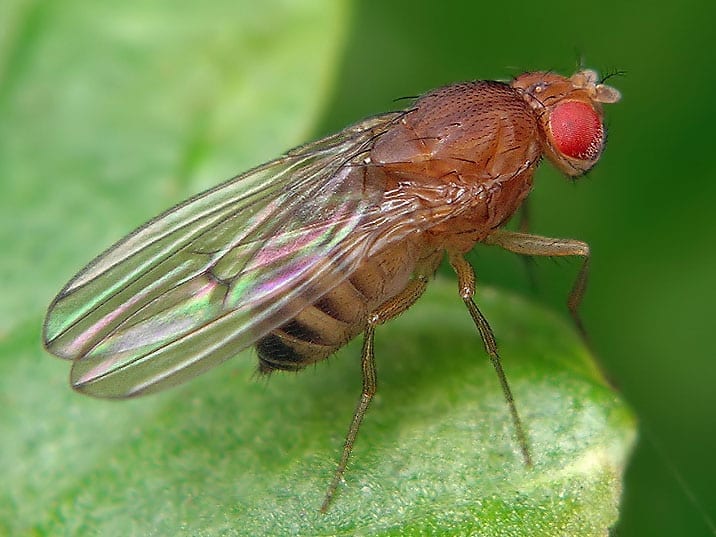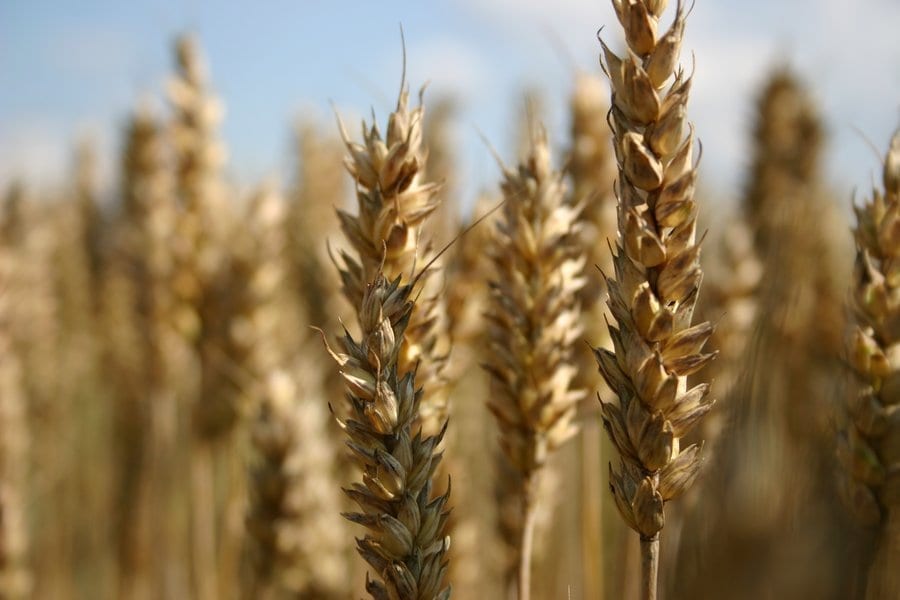
Centenarians show successful aging as they remain active and alert at very old ages. Scientists at Stanford University and the University of Bologna have begun to unravel the basis for longevity by finding genetic loci associated with extreme longevity.
Previous work indicated that centenarians have health and diet habits similar to the average person, suggesting that factors in their genetic make-up could contribute to successful aging. However, prior genetic studies have identified only a single gene (APOE, known to be involved in Alzheimer’s disease) that was different in centenarians versus normal agers. The results from the current study indicate that several disease variants may be absent in centenarians versus the general population.
The report by Kristen Fortney and colleagues, published in PLOS Genetics, is an example of using Big Data to glean information about an extremely complicated trait such as longevity. To find the longevity genes, the authors first derived a new statistical method (termed ‘informed GWAS’) that takes advantage of knowledge from fourteen diseases to narrow the search genes associated with longevity. Using iGWAS, the scientists found five longevity loci that provide clues about physiological mechanisms for successful aging. These loci are known to be involved in various processes including cell senescence, autoimmunity and cell signaling, and also with Alzheimer’s disease.
Read more: New genes associated with extreme longevity identified
The Latest on: Extreme longevity
[google_news title=”” keyword=”extreme longevity” num_posts=”10″ blurb_length=”0″ show_thumb=”left”]
via Google News
The Latest on: Extreme longevity
- Latest Memo From Howard Marks: The Impact Of Debton May 8, 2024 at 10:01 pm
Presence of debt creates the possibility of default, foreclosure, and bankruptcy. Does that mean debt is a bad thing and should be avoided? Find out.
- Equinox Is Launching A $40,000 Gym Membership Aimed At Longevity—Here's What Comes With Iton May 7, 2024 at 7:20 am
The ultra-high-dollar gym has a new program that includes 16 hours of personalized instruction per week and twice yearly lab tests.
- Why We Can’t Age in Reverse (And Why We Might Not Want to Anyway)on May 7, 2024 at 5:00 am
GQ spoke with the Nobel Prize-winning author of 'Why We Die' about longevity, death, and the crucial importance of getting a good night's sleep.
- Why do some researchers believe metformin may hold the key to longevity?on May 7, 2024 at 3:30 am
Some researchers are investigating how metformin, a common drug used to treat diabetes, may help prolong healthspan and lifespan. What evidence is there to support this notion?
- Extreme Mercantilism Will Destroy Chinese Civilisation: Zoho's Sridhar Vembuon May 5, 2024 at 11:33 pm
China has pushed mercantilism to the extreme when it comes to producing steel, and the day is not far when this approach will ...
- Over 700 Startups Have Invested Billions of Dollars Into Solving Humanity’s Most Challenging Problemon May 5, 2024 at 4:00 am
Scientists have spent decades pondering why, unlike luckier species like the hydra and immortal jellyfish, our bodies must decay.
- Americans would rather live a shorter life in good health than a longer life with health issues, new poll findson May 3, 2024 at 6:00 am
U.S. adults said they'd rather live a shorter life in good health than a longer life with health issues, according to a new poll.
- Imagine living in a 4-foot body that doesn’t develop chronic diseaseson April 30, 2024 at 8:34 am
A rare genetic condition that causes short stature may also provide protection from diabetes, heart disease and other illnesses, a new study says.
- Could Eating Less Help You Live Longer?on April 24, 2024 at 2:34 pm
Calorie restriction and intermittent fasting both increase longevity in animals, aging experts say. Here’s what that means for you.
- The longevity vacation: why bar-hopping holidays are out and extreme wellness breaks are inon April 16, 2024 at 9:03 pm
A surprising number of people are paying to find out Name: Longevity vacations. Age: New, but I’ll be older, hopefully. When? When I die. Eh? It’ll become clear. Anyway, I’m going on holiday.
via Bing News










